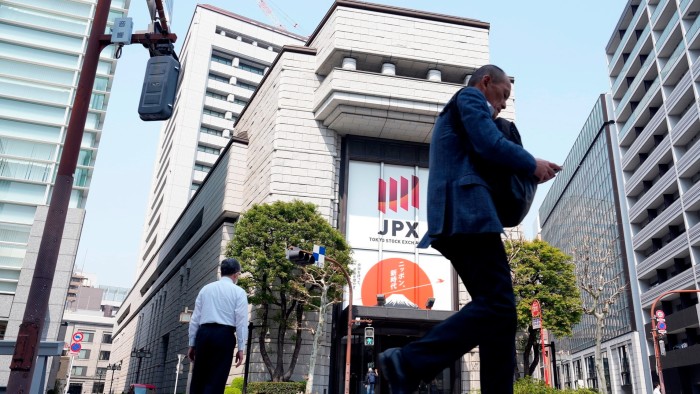Unlock the Editor’s Digest for free
Roula Khalaf, Editor of the FT, selects her favourite stories in this weekly newsletter.
When activist investor Oasis Management called for change at Japanese consumer goods giant Kao — proposing boardroom reform through the election of outside directors and long term incentives — the response was clear and decisive. Shareholders rejected every one of Oasis’s proposals at its latest annual general meeting, siding with management. It was a sobering reminder that even the strongest activist pushes often fail to overcome Japan’s corporate traditions.
Yet while resistance remains strong, the momentum behind activist investing has been accelerating. The country was the second-most active market for activist investing last year, with about 150 campaigns, nearly 50 per cent more than the year prior, according to Bloomberg data. Japan’s government and regulators have become unexpected allies of shareholder activism in recent years, urging companies to prioritise returns and transparency. The Tokyo Stock Exchange has also introduced rules pressuring underperforming firms to raise their capital efficiency.
Activists such as Elliott Investment Management have been particularly busy, targeting companies such as Mitsui Fudosan, Tokyo Gas and Dai Nippon Printing. Elliott is reported to have taken a significant stake in local real estate developer Sumitomo Realty & Development. These moves have often paid off. Shares of Sumitomo Realty are up nearly a fifth over the past month. Shares of Kao, despite resisting Oasis’s campaign, have gained a fifth in the past year, fuelled in part by expectations of activist-driven reform. From a distance, reform seems to be going strong.
But beneath the surface remains an ideological clash between global market logic and entrenched corporate values. Activist investors tend to view undervalued Japanese companies as inefficient, in need of sharper governance and better capital allocation. Campaigns in the country have typically focused on practical changes, selling off legacy assets, initiating share buybacks and reducing cross-shareholdings.
On the other side stand local shareholders and a corporate culture that seeks to avoid confrontation. In many Japanese companies, ownership is dominated by interlinked shareholders, including banks, suppliers and business partners whose interests are aligned with management. These stakeholders tend to vote defensively, shielding leadership from outside pressure. Meanwhile, local retail investors often shy away from activist agendas, favouring the perceived stability of long-standing executives even when performance lags. Activists, especially foreign ones, are often cast as short-term opportunists, accused of seeking quick profits.
Japan’s corporate model today, marked by underused assets and low returns on equity, is coming under increasing strain. In a world of slowing growth and shrinking domestic demographics, standing still may prove more dangerous than reform.
june.yoon@ft.com
Read the full article here

